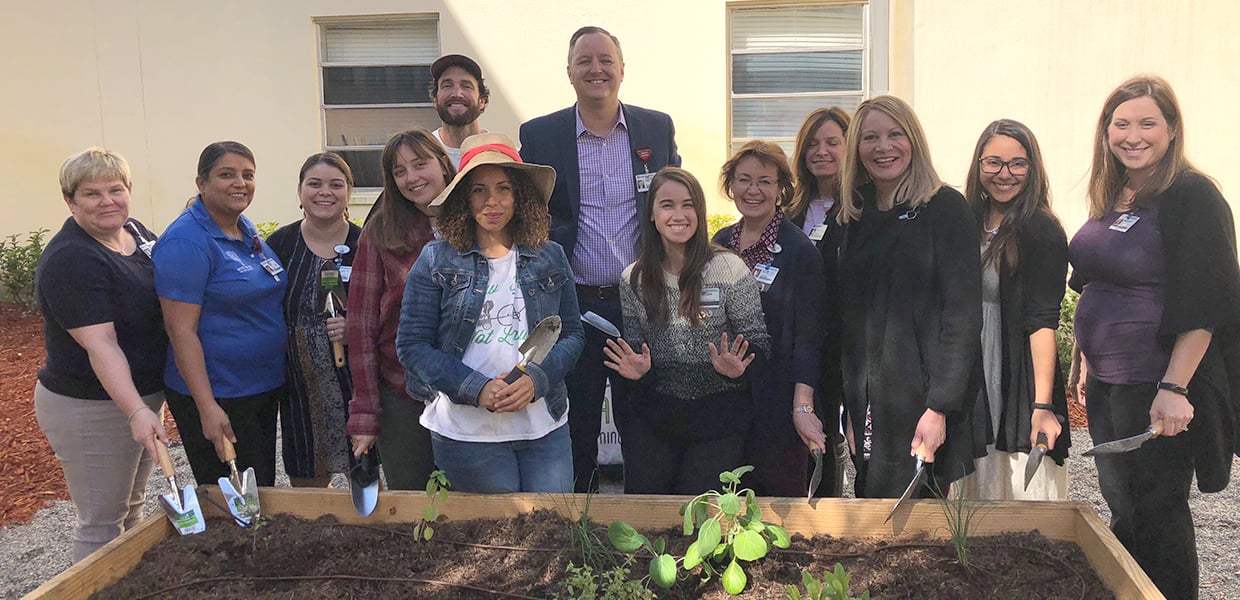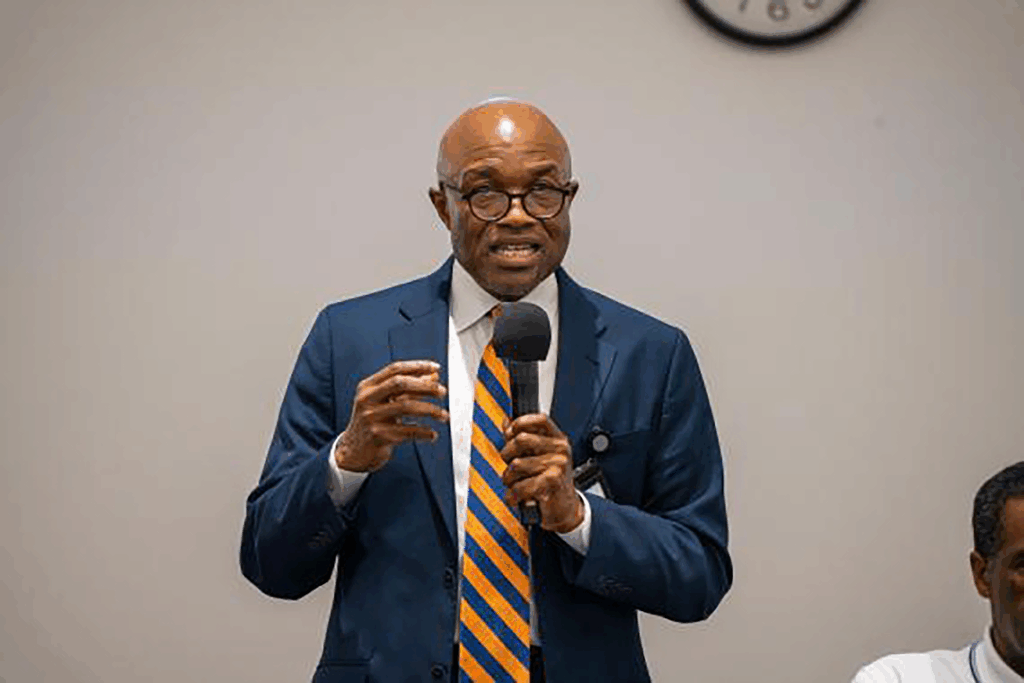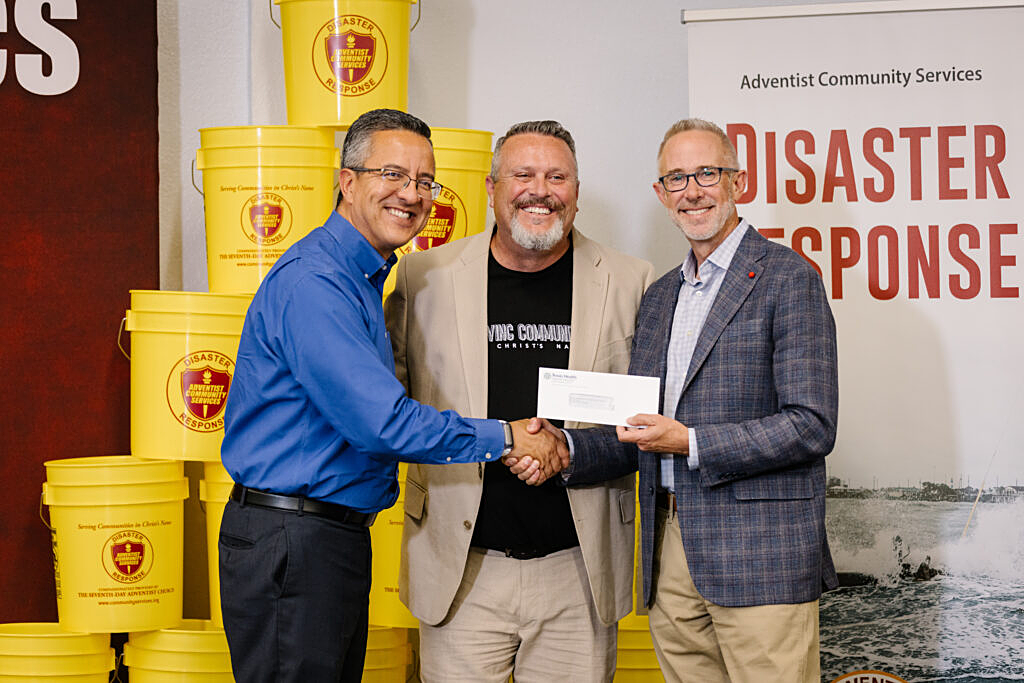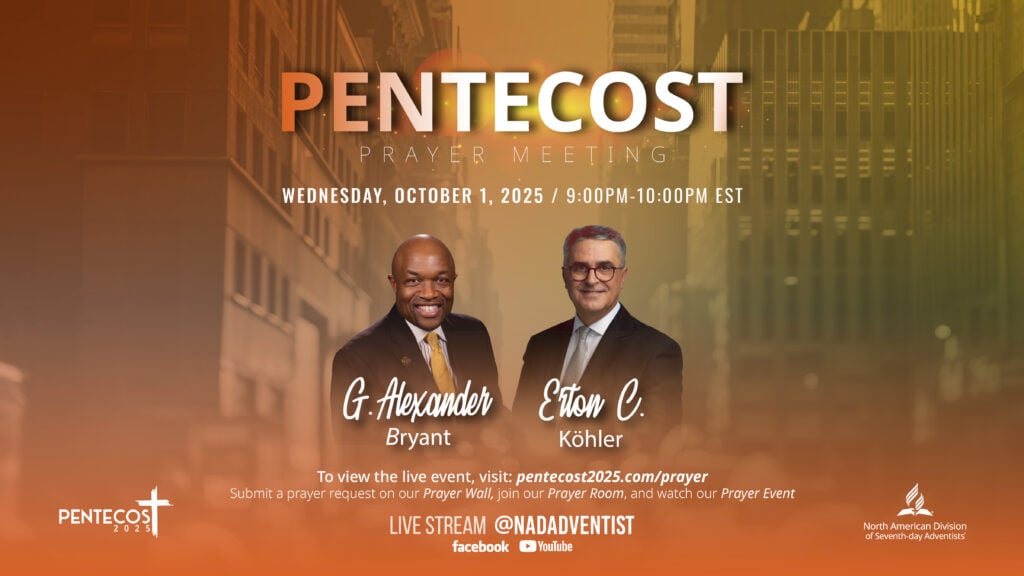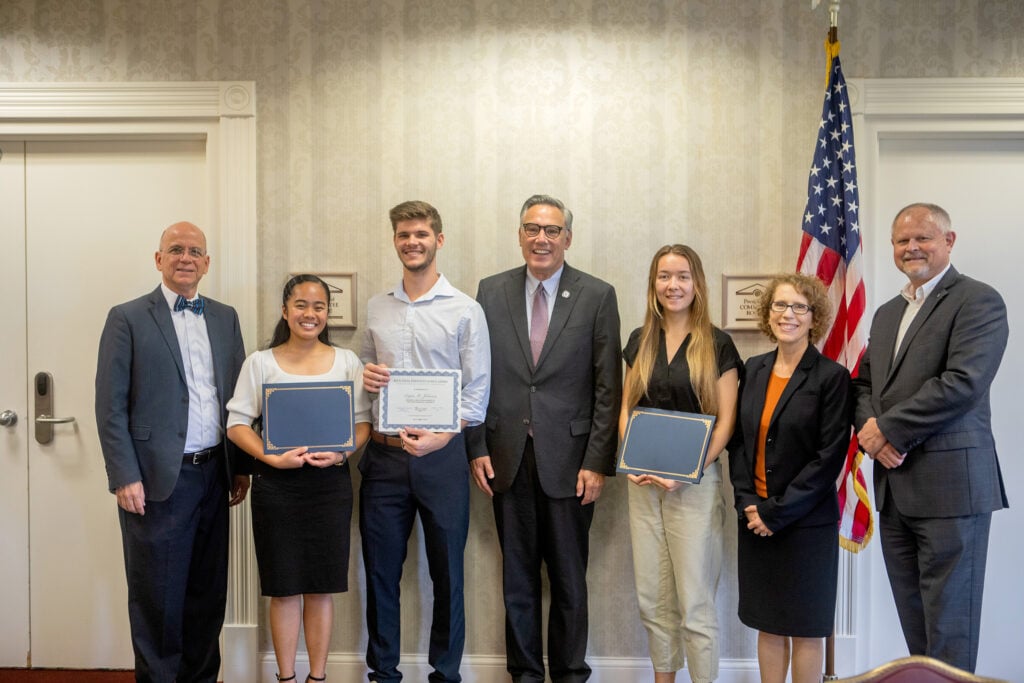Ripe tomatoes, crunchy lettuce, and sweet carrots are just a few of the nutritious foods growing in Winter Park’s newest community garden.
Adventist Health System’s Winter Park Memorial Hospital and urban agriculture program Fleet Farming are teaming up to plant a fruit and vegetable garden at the hospital to meet a significant need in this central Florida community: food security.
Produce harvested from the garden will be donated to underserved patients who are discharged from the hospital, and shut-in seniors who live within three miles of the hospital.
“When our patients go home, it’s important that they have access to foods that are healthy and nutritious to help in their healing. We can provide them excellent care within our hospital, but if they have an empty refrigerator or pantry at home, their recovery may very well be hindered,” said Justin Birmele, vice president of operations at Winter Park Memorial Hospital. “We’re very excited to see this partnership flourish and help make our community healthier.”
According to a recent study by Feeding America, food insecurity is a significant issue in Florida, where more than three million people have to choose between nutritious food and other basic living expenses. In central Florida, one in six people turn to local charitable food assistance programs, according to the latest figures from Second Harvest Food Bank.
Food insecurity can have a big impact on health, as certain ailments and chronic diseases can be directly linked to malnourishment.
Known for their work harvesting gardens at homes and churches throughout the Audubon Park and Parramore communities in Orlando, Fleet Farming is an innovative farming model that is changing the way communities eat by providing knowledge and education about sustainable farming by installing micro-farms in front yards.
“This garden is a billboard of health and wellness,” said Lee Perry, Fleet Farming’s program director. “We believe that everyone deserves the right to local food, and this initiative shows that we can grow food right here, where people are healing.”
— This article appears in the June 2018 edition of the Southern Tidings magazine.
